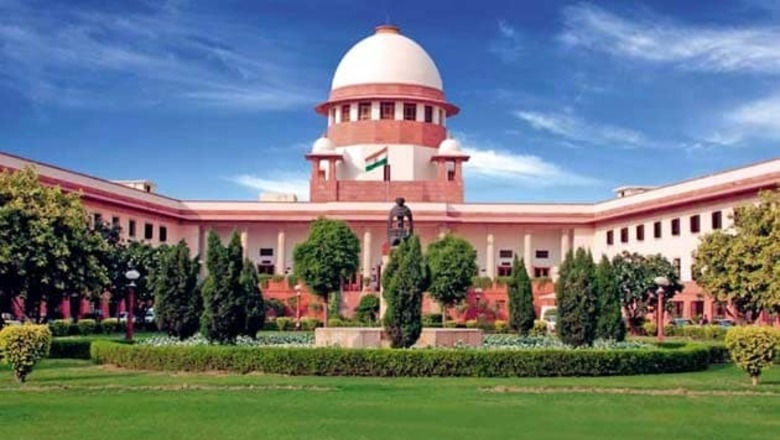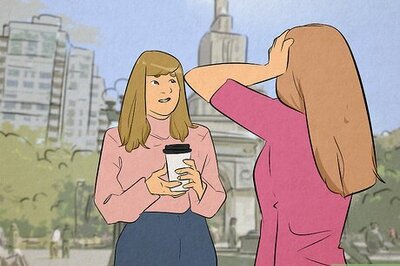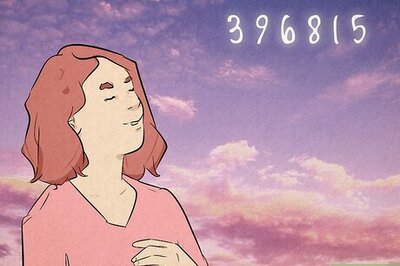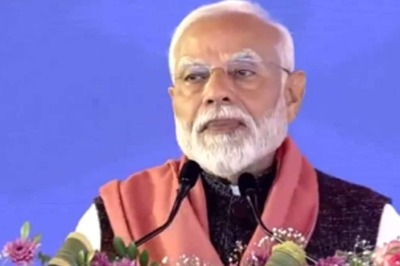
views
New Delhi: The Supreme Court on Tuesday did not agree with the contention of the Centre that arrests of some persons for allegedly posting objectionable comments on social websites were "stray incidents", saying that even if they were aberrations, they were "brazen" and "grave".
The counsel for the Centre told a Bench headed by Justice J Chelameswar that though he was not justifying the arrests made under section 66A of the Information Technology (IT) Act, they were "aberrations" and "stray incidents" of misuse of statutory powers by the authorities.
"Even if they were aberrations and some stray incidents, the violations of rights were very brazen and grave," the Bench, which is hearing various petitions seeking reliefs, including setting aside of some IT Act provisions, said.
Section 66A of the IT Act has courted controversy as it provides the power to arrest a person, besides a jail term of maximum three years, for allegedly sending "offensive messages through communication service".
Initiating the arguments, senior advocate Soli Sorabjee, appearing for one of the petitioners, said, "The right to freedom of speech and expression under Article 19 (1) (a) of the Constitution must be preserved and it is not open to the state to curtail this right. It can be subjected to reasonable restriction as provided under Article 19 (2) alone."
He sought setting aside of section 66A of the Act on the ground of "vagueness" and said the expressions like -- "grossly offensive" information, "menacing character" of an information and "causing annoyance" -- have not been defined.
"The provisions, which have been vague, have been struck down in the past. Any public statement may annoy somebody," he said.
The Bench then referred to the recent controversy in Parliament over alleged remarks of a minister and said, "It depends upon various factors. The word 'offensive' may be construed differently in different contexts. The nature and meaning of offensive words vary from person to person.
"Any attempt to stifle criticism will amount to censorship. A person may be upset and annoyed but it cannot be a ground to impose censorship," Sorabjee said.
"Things can be offensive without being indecent," the court said, adding, "One cannot make out a criminal offence. They (statements) may be undesirable and unpleasant."




















Comments
0 comment